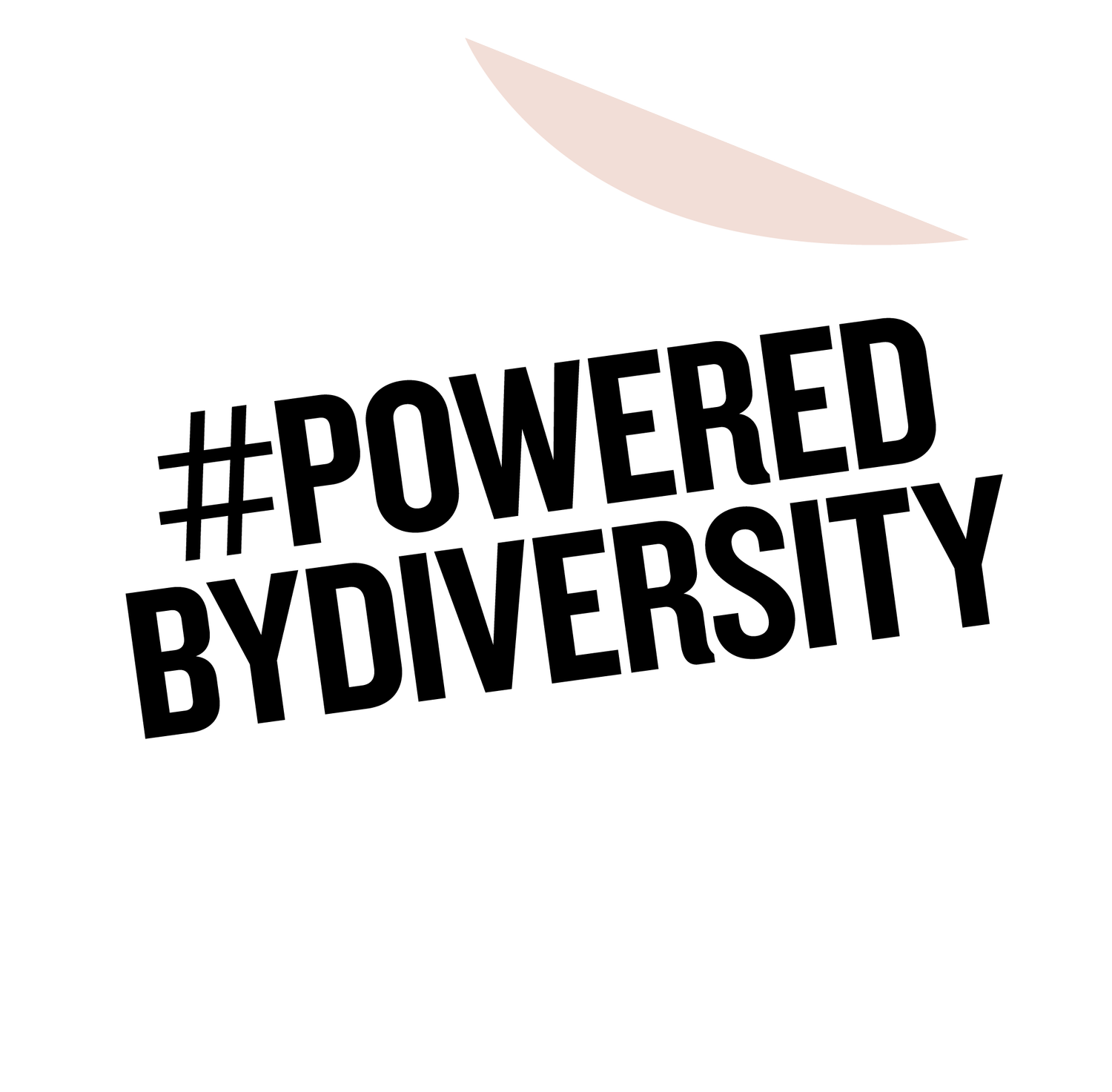Queer?
In the UK the word queer was originally used to mean 'different', 'unusual' or 'out of the ordinary'.
Over time 'queer' evolved to become more focussed on the 'difference' of the LGBTQIA+ community and was soon being widely used as an insult or slur.
Today queer has been reclaimed by the LGBTQIA+ community - but what does it mean? And who can use it? Watch our video to find out…
Quick Guide:
What's the history of the word queer?
In the UK the word queer was originally used to mean 'different', 'unusual' or 'out of the ordinary'.
"How queer it seems," Alice said to herself, "to be going messages for a rabbit!" is a quote from Alice in Wonderland by Lewis Carroll which was published in 1865.
Thought to have started in the late 1800's, over time 'queer' evolved to become more focussed on the 'difference' of the LGBTQIA+ community and was soon being widely used as an insult or slur.
Reclamation & Challenges
In the 1980s the LGBTQIA+ community had begun to reclaim the word queer, although they had much work to do. By then 'queer' was in general use and was a widely accepted term used by people outside the LGBTQIA+ community to pejoratively describe people whom one suspected were not heteronormative or gender conforming.
In 1980s Britain the word queer was as a slur; shouted across school playgrounds and casually used around the dinner table in many homes. Many who grew up during that time still have very strong associations of the word queer with LGBTQIA+ phobias, bullying and insults - especially if the word was used about them.
Queer today
Today the word queer is used by many members of the LGBTQIA+ comminuty as an 'umbrella term' - or generalisation. Esentially it's an easy and comfortable way of saying "I identify outside of 'norms'" without having to be specific.
Queer can be used to mean that a person's gender identity falls outside of the cis/ binary or their sexuality falls outside of the hetero norm - it can also mean both! To many in the community, the beauty of the word queer is that they don't need to describe exactly how they identify - especially as, for many people, identity can fluctuate.
Who can use the term queer?
In short, if you identify as queer, you can use the term.
If you don't identify as queer but you want to describe a member of the LGBTQIA+ community but you're not sure how, you could say "they identify as LGBTQIA+" or "they identify as a member of the LGBTQIA+ community".
If someone has specifically told you they would like you to describe them as queer, it's OK to do so.
If someone describes themselves as queer, it doesn't mean they are OK with someone else describing them that way, unless they've been specific, so always ask if you're not sure.
